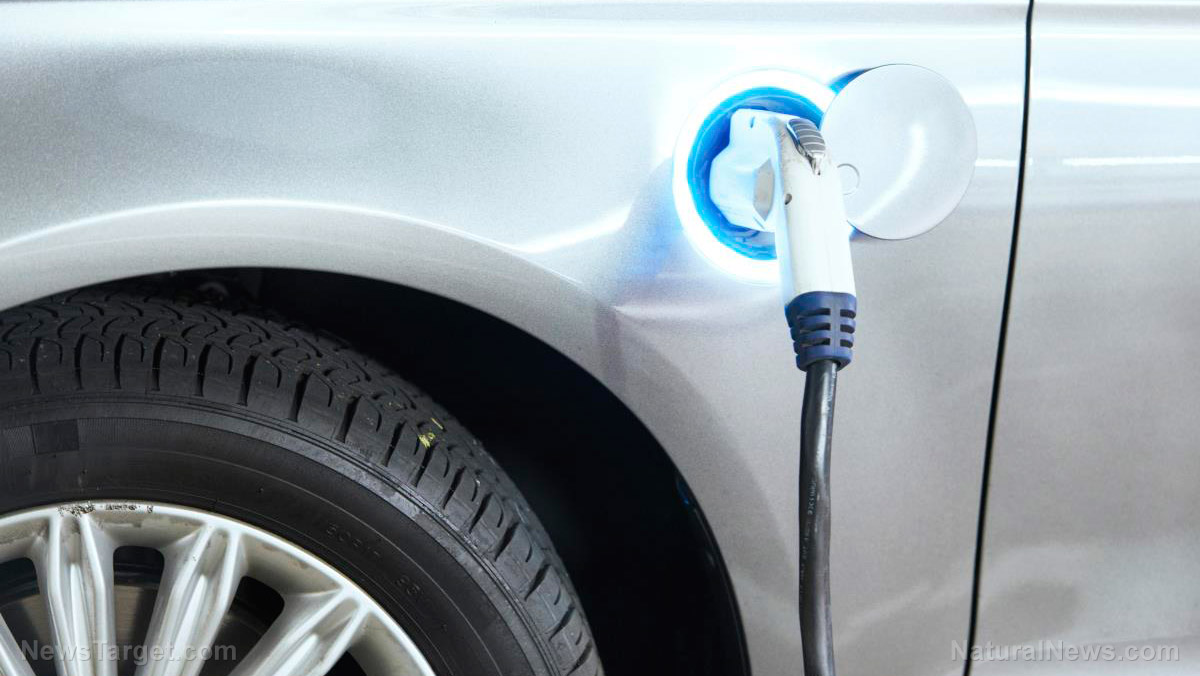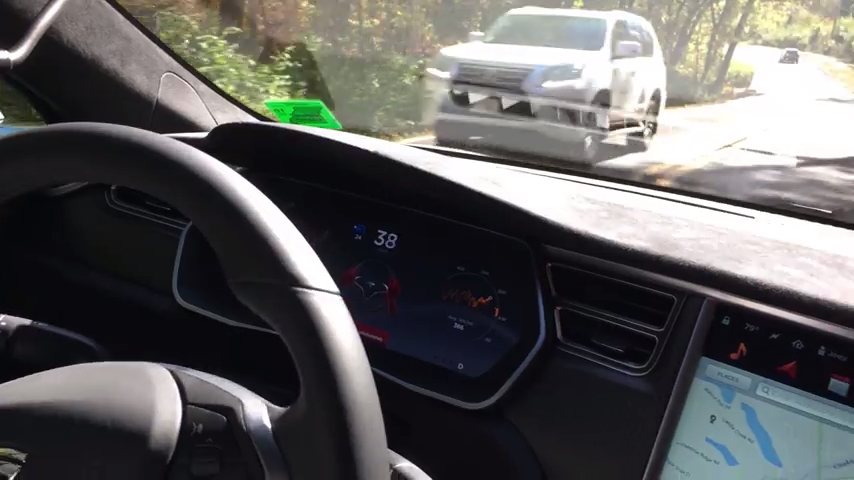03/14/2018 / By David Williams
It’s been decades since the first space-bound flight and it’s still far too costly to send a rocket all the way from Earth into space. For this reason, Elon Musk’s SpaceX is looking to re-use certain components of its future flights in order to save some money. And the company may be close to perfecting its methods.
According to a report on the company’s plans, SpaceX intends to use a massive high-speed watercraft named Mr. Steven in its effort to re-use certain gear that falls back to the Earth during missions. The watercraft will be designed to contain a huge net within it that can be used to simply catch falling materials like you would a baseball while wearing gloves.
The company has already managed to re-use gear in the past. In particular, a March 2017 mission launched a Falcon 9 rocket that was already used prior to carry a payload, in this case a communications satellite that’s designed to bring internet, TV, and a whole bunch of other services to Latin America, and payload fairings from the rocket used special sensors and a parachute to land safely in the Atlantic Ocean.
SeaTran, the company that owns Mr. Steven, has said that the watercraft measures 205 feet in length, has the ability to travel up to 32 knots, and has a deck that measures 136 feet by 27 feet. Prior to its first mission, it was stationed in Catalina Island, southwest of Los Angeles. As of today, it has successfully managed to catch the payload fairings from a recent mission that saw a midnight-cherry Tesla Roadster carried out into space.
According to Elon Musk, the plan to use a net to catch certain gear after they are used in space missions is rather straightforward. “It’s like a giant catcher’s mitt, in boat form,” he explained, referring to the fact that the net will just be sitting out in the water and waiting for the materials to fall back down to Earth all the way from space. Of course, the reality is that it’s a highly complicated process which will likely take some time and a whole lot of research to perfect. But as soon as they can get the process down, the procedure could go a long way towards making space travel a lot more worthwhile.
SpaceX wants to save all of the money it can by all means necessary, mainly because it’s aiming for a much bigger target than simply being able to send payloads into space. It wants to be the first company to send humans to Mars, and perhaps someday, start the first human Martian colony. For that simple reason, the company is trying to work with a tight budget and aiming for more efficient performance out of their rockets, to help ensure that they can achieve success in future Mars missions.
Sources include:
LiveScience.com
Space.com
















